Following this thread from the previous posting, it explicitly explained the historicity of the real estate industry from 1800’s...
Historicity of the real estate peak and trough of 1970s and 1980s
Editor-In-Chief, , Collaborative Management, Disruptive Tech, Leadership, News, 1970 to 1980 real estate, 0If you are following this thread from the previous posting, it explained the history of the real estate industry...
The narrative of the real estate industry from the 1950s to 1960s
Editor-In-Chief, , Collaborative Management, Disruptive Tech, Leadership, Real Estate, Social, Real estate peak and trough, 0In the last posting or the last scholarship discussion, the historical narrative was based on the 1800s to...
Historical journey or narrative of the real estate industry from the 1800s to 2017 begins here.
Editor-In-Chief, , Disruptive Tech, Leadership, News, Real Estate, Earlier form of real estate, 0Before digressing into the current disruptive nature of the real estate and the mortgage industry, it is pertinent to...
Understanding the doctrine of sustainability within the realm of business and technology
Editor-In-Chief, , Collaborative Management, Disruptive Tech, Leadership, News, Philosophy, Social, b, Sustainability, 0Doctrine: Change in a system is necessary and inevitable for sustainability. And what is sustainability? Sustainability would be the...
Disrupting existing technological landscape with new business models
Editor-In-Chief, , Collaborative Management, Leadership, Organizational Culture, New business models, 0This synopsis focuses on the cross-pollination, interconnectivities and interdisciplinary theories of Big Data with respect to business models. The...
HP and Yahoo must continue to innovative or could cease to exist.
Editor-In-Chief, , Collaborative Management, Disruptive Tech, Organizational Culture, Innovative or die, 0Modular changes to radical platforms were disruptive to technologies. This synopsis tends to explain that technological changes have had...
Historical and narrative of big data and its significant meaning to businesses
Editor-In-Chief, , Collaborative Management, Disruptive Tech, Intelligent Machines, Leadership, Historical trend of big data, 0Beginning at the first half of the twentieth century, companies revisited the 1940’s strategy pioneered by Robert McNamara....
Business enterprises use analytical tool kits to analyze big data sets for profit
Editor-In-Chief, , Disruptive Tech, Leadership, Analyzing big data for profit, 0Applying analytic techniques to large data sets, and using predictive modeling have rendered insights into: (a) how the organization’s goals...
How structured and unstructured data sets loses its value within a time frame
Editor-In-Chief, , Collaborative Management, Disruptive Tech, Leadership, 0To quickly redact, it has been shown that 80% of the data available as an unstructured form were generated...
Recent Posts
- Call for Papers – September 2024 Issue
- Publications for Special Edition Issue, June, 2024
- Phenomenon of Leadership Failure: An Exploration to Determine the Significance of Moral Action for a Sustainable Leadership ~Kenneth-Maxwell Nance~Maxwell Leadership Institute
- The Influence of Organizational Culture on the Adoption of ICT Innovation following Technological Disruption: Evidence from Kenyan ICT SMEs
- Artificial Intelligence Machines or Robots Could Regard Humans as Threats to Their Existence
Archives
Categories
About JOFDT
As a benchmark, the Journal of Disruptive Technology (JODT) seeks to improve submissions prior to approving their publication. Our peer-reviewed process reflects the necessary rigor and scrutiny needed to bring forth the submission’s essence. Such submissions should be novel and substantial. Since our distribution is global, our reviewers follow guidelines that are thorough and rigorous. In addition, each submission has a dedicated quantitative and/or qualitative review, and unnecessary delays to the submission’s publication are kept to a minimum. It is our practice to circulate galley proofs prior to final submission and each manuscript is printed with the submission date, the revision date, and an acceptance date. While the traditional operational functions of the journal include peer review, editing, and final proof.




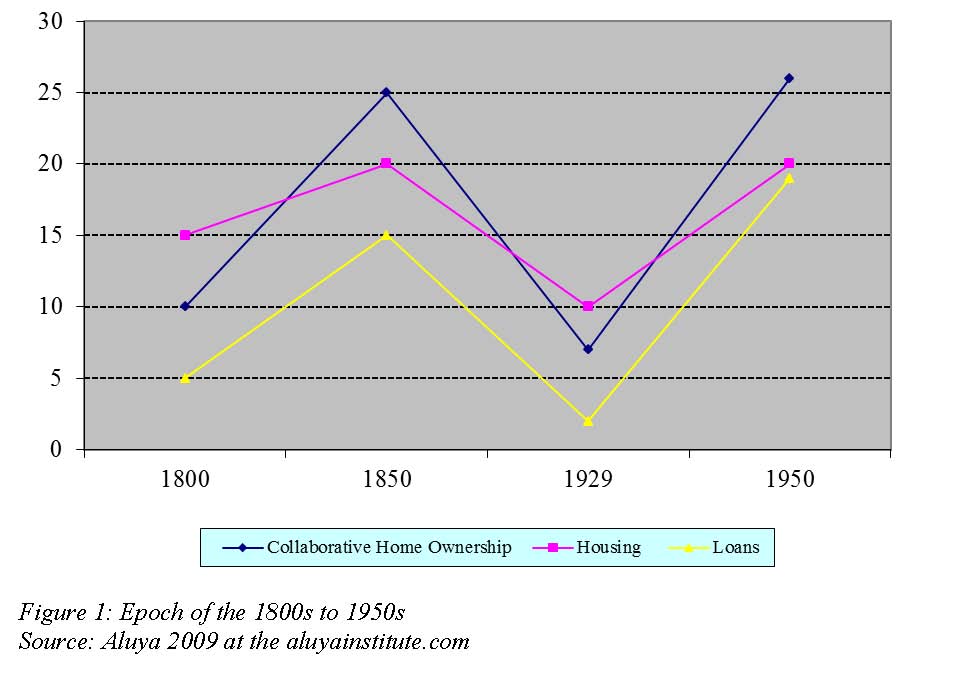
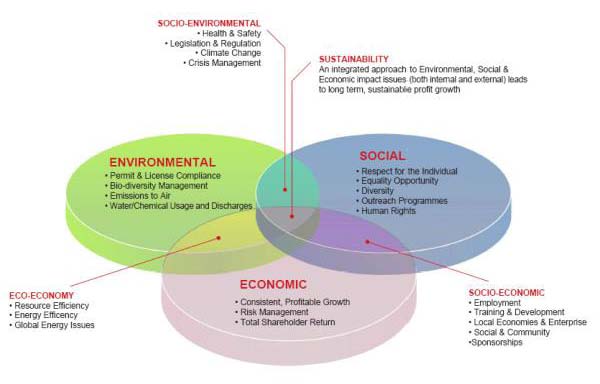

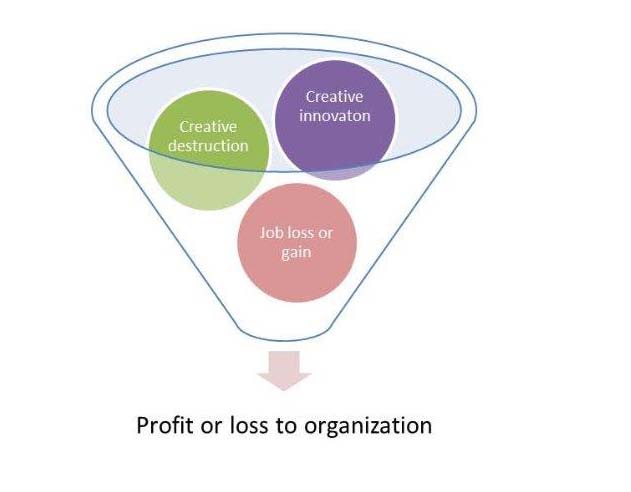
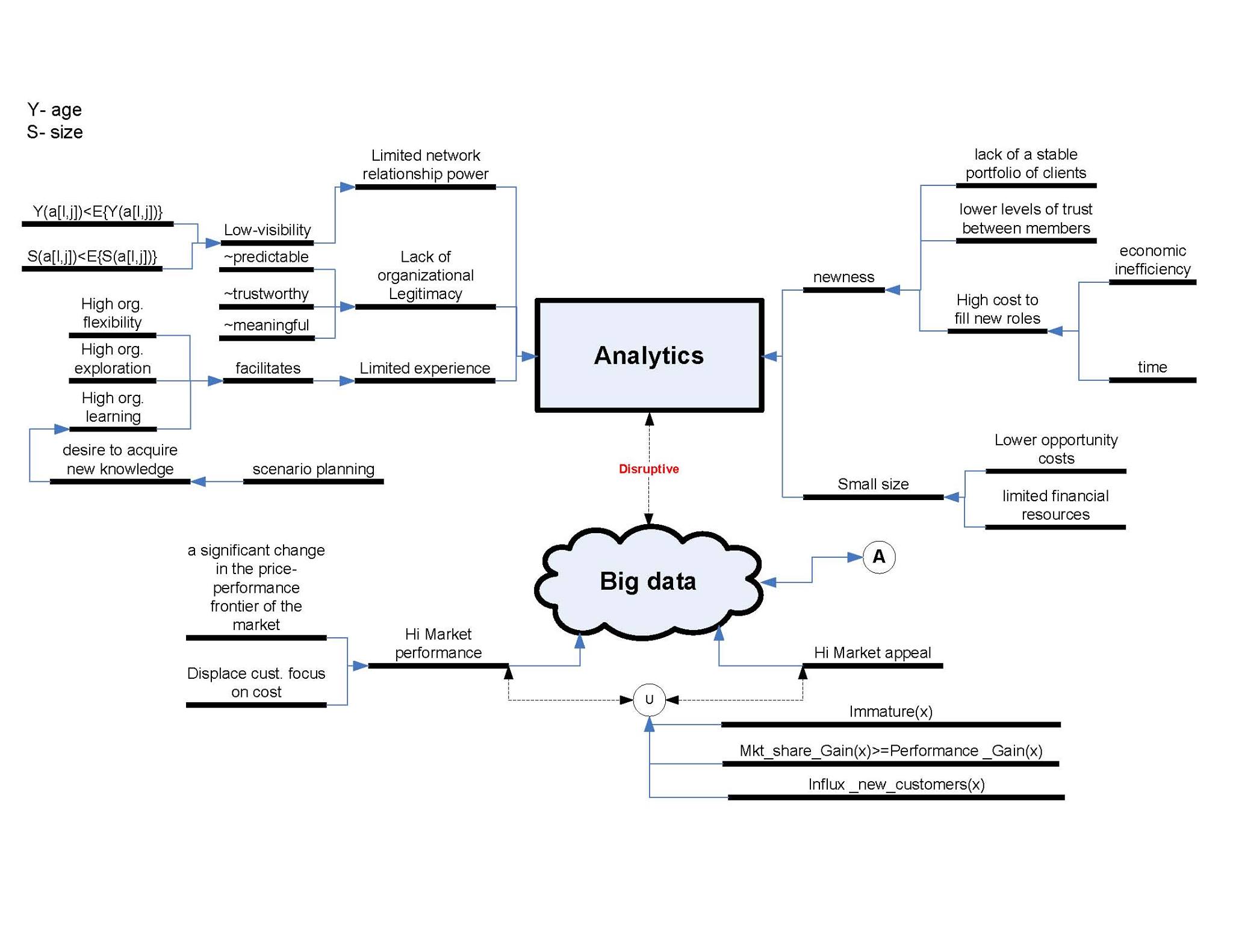
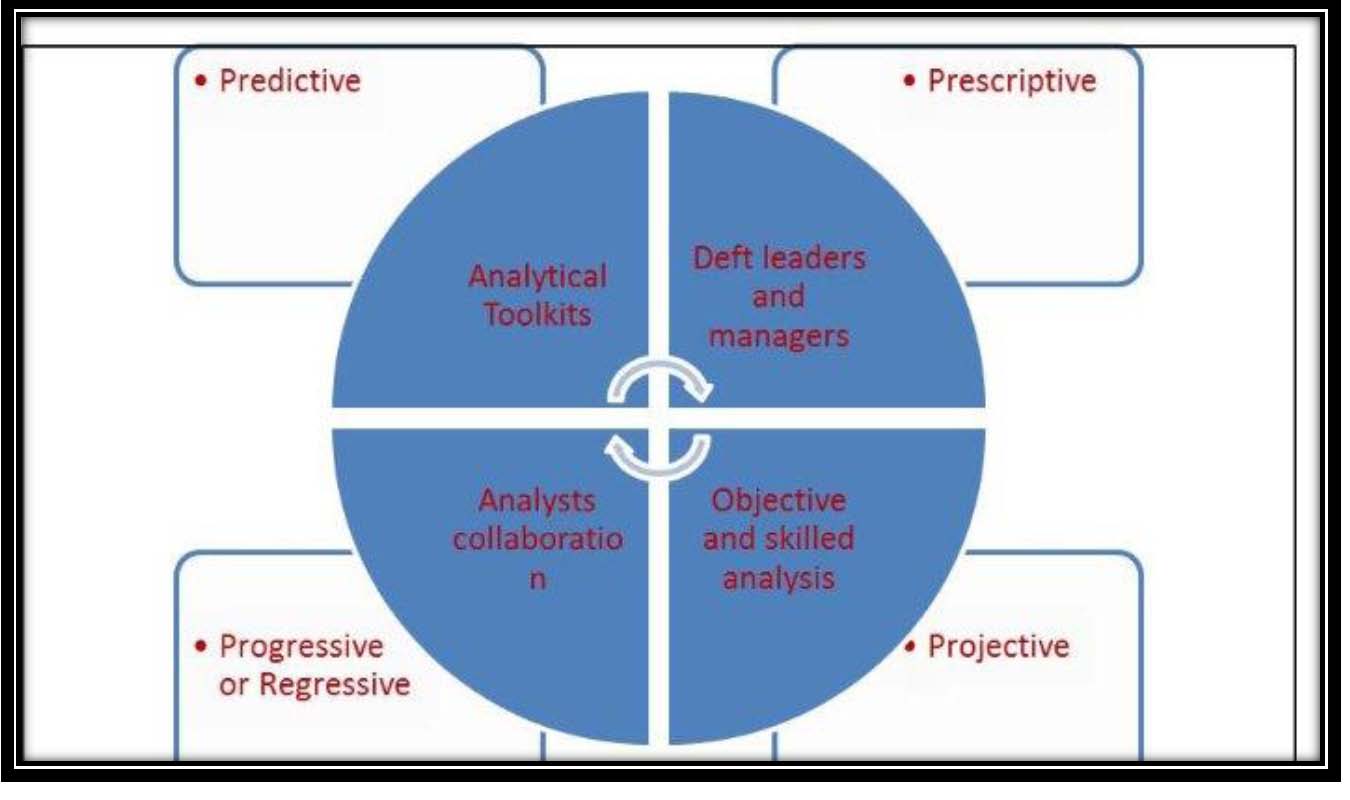
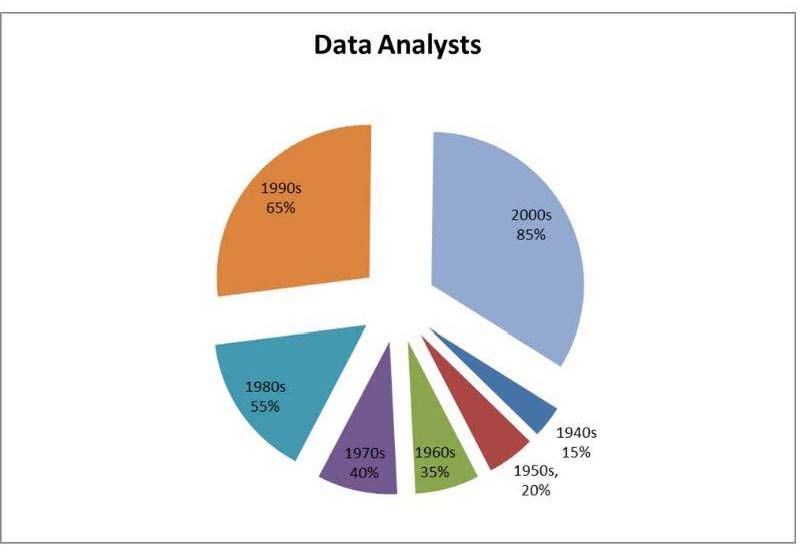

Recent Comments